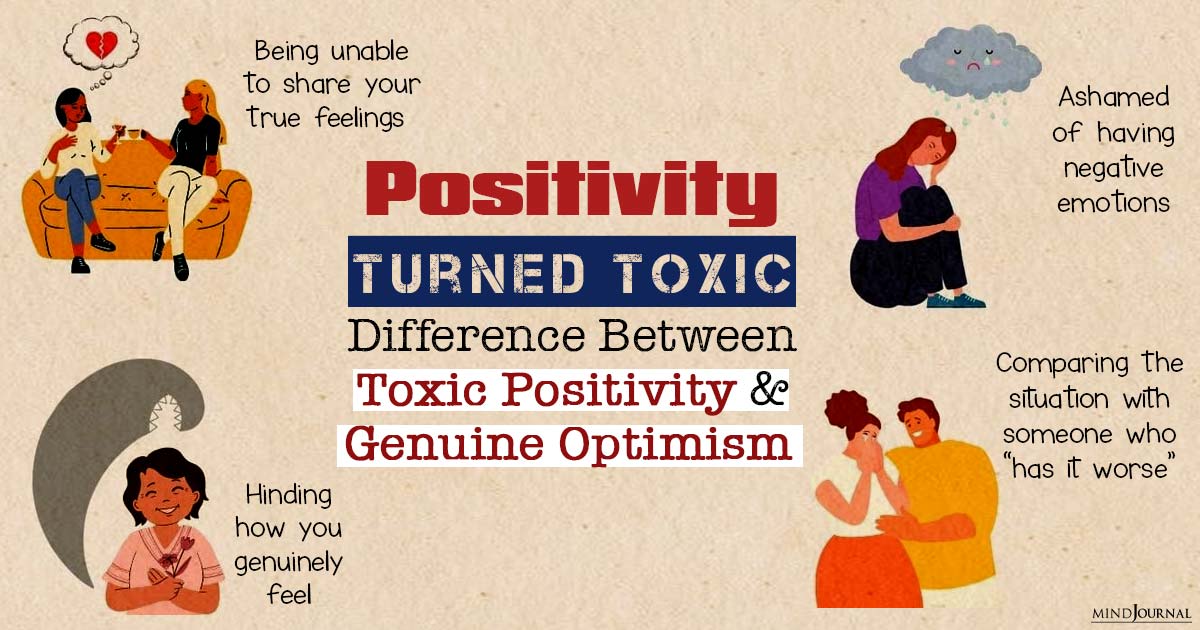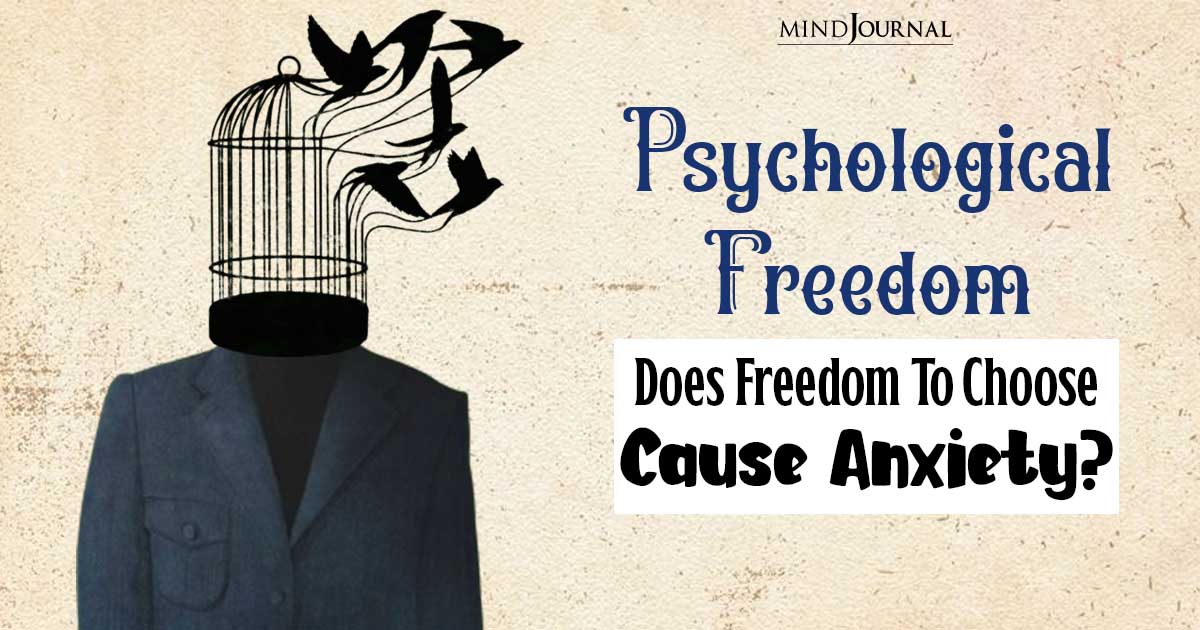Every day isn’t always the best day, not all experiences can be pleasing and you may end up feeling out of luck or plain feeling down. It’s easy to dwell on the situation and overthinking and that sometimes can be very exhausting.
We know it’s not easy as it can be said but removing yourself out of this situation is important, you might want to use some strategies to lift your mood and get yourself back on track when you’re feeling down. There is always something that you can take away from these experiences. Always remember it’s okay not to be okay.
“
Even when you are feeling down, you have to live your life positively, that way, happy days and happy feelings will come to you someday.” – Kim Hyun-joong
You know those days when you are feeling completely down in the dumps? Those days when you are full of despair and feeling hopeless? Those days where it feels like you just want to crawl into bed and never get out?
Are you having one of those days today?
Feeling down in the dumps, more often than not, means that you are struggling with some kind of depression. I know the word is scary but it doesn’t have to be. Knowing how to deal with it can help you move past it and live the life you want!
Let me help you manage the depression. It IS POSSIBLE. It just takes some awareness and action.
1. Assess the situation.
There are two kinds of depression, situational and chemical. They have similar symptoms but different causes. Knowing what kind of depression you have is the first step to dealing with it.
Situational depression is caused by something that happens in your life. When something big happens that makes you sad, like the death of a parent or a divorce, or the loss of a job, you can become situation ally depressed. This kind of depression usually has a beginning, caused by a specific event, and an end, and is often treated differently from chemical depression.
Chemical depression is the result of your brain chemistry being off in such a way that leads to depression. You are most often born with chemical depression but it can also be caused by a traumatic life event. Chemical depression can happen to you even if your life is going great.
So, ask yourself some questions about what your life looks like these days to help you figure out what kind of depression you might have. If you think you have situational depression, read on.
If you think you have chemical depression here is an article for you to read to learn more about the next steps.
2. Do things that feel good.
If you’re feeling down in the dumps, our inclination is to collapse into our life. We stay in bed, we don’t shower or eat well and cut off contact with those we love.
Let me tell you: if you are feeling depressed, collapsing is absolutely the worst thing that you can do. Instead, it is important to do things that make you feel good.
For me, I keep a list of things to do when I am feeling depressed. First off: take a long, hard walk (the endorphins are great for my depression). Also, do yoga. Watch The Walking Dead. Take a bath. Go to the movies. Have sex. Eat Pad Thai. When I am depressed I do one, or all, of those things, and my depression is often lifted.
So, what makes you happy? Write out a list, when you aren’t depressed, of what makes you happy so that when you are depressed you are ready.
Read: What Makes You Happy Based On Your Zodiac Sign
3. Control your thoughts.
Unfortunately, when you’re feeling down in the dumps, our worst enemy is that brain of ours.
While we are lying on the couch feeling sorry for ourselves, our brain is actively buying into it all. You are a loser, it says. You have no friends. You aren’t good at anything. You will never find love. You suck at your job. And on and on.
And, chances are, that none of those things are true. That you are not a loser, you have plenty of friends, you are talented, love is out there and your boss thinks you are doing great. But your brain, when you are depressed, just doesn’t go there.
It is really important when you’re feeling depressed, to keep your brain busy. Yoga is a really good way to do this – you are so busy trying to figure out the damn pose that you don’t have a chance to think about anything. It also has the side benefit of toning your body and making you feel strong, which can be helpful.
Other options for keeping your mind quiet are reading, going to a movie, hanging out with friends, working. Meditation is also an option but I just get more depressed when I try and fail, to meditate. If you can do it, go for it!
What do you like to do that will help you quiet that mind of yours, the mind that is feeding into those feelings that are bringing you down? Figure it out and do it!
4. Get outside.
If it’s at all possible, take some time to get outside and go for a walk. There isn’t a woman I know who doesn’t say that her stress levels are always greatly reduced after a walk. The thing about walking is that it kills two birds with one stone. Or rather three!
Walking encourages deep breathing which calms you down quickly. Also, for some reason, the motion of walking encourages clearer thinking. The rhythm of the stride and the increased oxygen intake can make something that was extremely overwhelming just 20 minutes earlier much easier to manage.
Furthermore, the dopamine that your body creates with the motion of exercise works to help alleviate your depression instantly. So, get outside and get your heart rate up. It’s a great way to manage the feeling of being depressed and lonely.
5. Write it out.
Do you journal? Or write letters to yourself? Or scribble notes on post-its? If you do, great! If you don’t, it could be time to start.
Writing about things that are overwhelming you can be useful, both for your depression and your loneliness, especially if you don’t have someone with whom to share your sadness. Much like speaking, writing allows you to get your sadness out of your head and onto paper.
And when you can see your feelings on a piece of paper in front of you, instead of having it rolling around in your brain, it’s much easier to manage.
Read: Writing as Meditation: How to Enter the Flow State Through Journaling
6. Spend time with people who love you.
I know. When you are feeling down in the dumps, one of the hardest things to do, ironically, is to get out of the house and spend time with people. Spending time with those who love you can lift your depression and loneliness big time, if only for a bit.
If the prospect of hanging with a group of friends is daunting, choose one friend. Perhaps the one who knows you best and can accept where you are right now emotionally. A friend who will put no pressure on you to ‘get over it’ or ‘suck it up.’ A friend who will laugh with you and be silly but who won’t try to fix you.
So, pick up that phone right now and reach out to that person. Make a date and do it! I promise you that that time spent will help you when you are feeling depressed and lonely.
7. Talk to your doctor.
If everything else fails and still you find yourself feeling depressed and lonely all of the time, then it’s time to call your primary care doctor.
Feeling consistently depressed and lonely might indicate some serious health problems and getting a complete check-up from your doctor could be really important.
Your doctor can take a look at all aspects of your life and help you come up with a plan for managing your depression and loneliness so that they don’t get worse. Which they will do if they are left untreated and allowed to persist.
Remember, your doctor won’t judge. There are lots of people who feel just like you do every day and that’s what doctors are there for – to help us all.
If you’re feeling down in the dumps more often than not, it’s important that you do something about it and do something about it now!
Do a quick assessment of your life and try to figure out what kind of depression you might have. Take care of yourself, make yourself happy, keep your brain busy, spend time with one friend and, if necessary, see your doctor.
Depression can go away on its own if properly managed but will get worse if left untreated. So, try the things that I recommended above but always pay attention to how you are doing. If you are getting worse and not better, get help!
You can do it!
Written By: Mitzi Bockmann
Originally Appeared On: Let Your Dreams Begin









Leave a Reply
You must be logged in to post a comment.